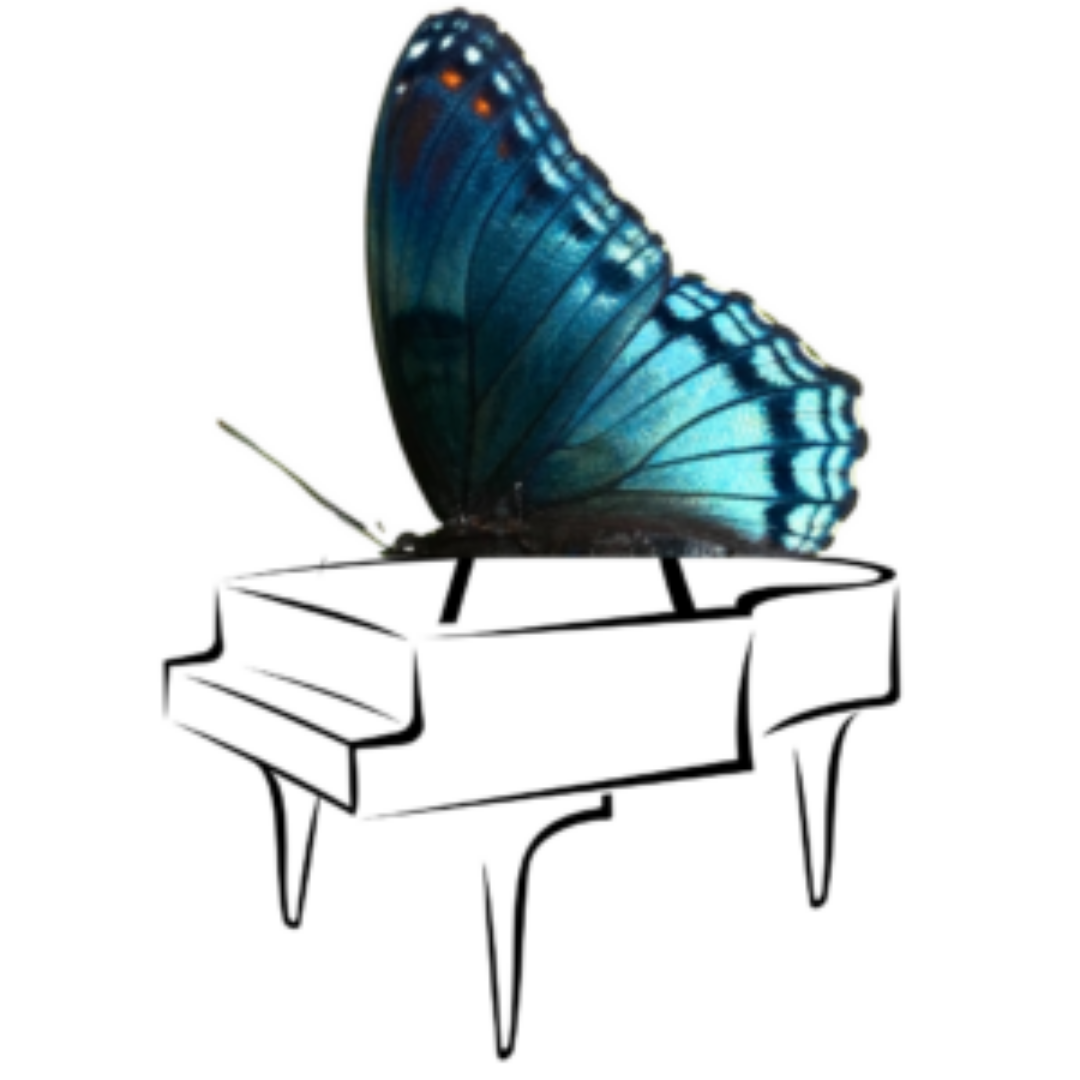How Two Martial Arts Brothers Changed My Teaching Strategies for Life
In the world of classical music, there is often a very harsh teaching method that is used to punish errors in the hopes that children will learn to correct them. The Gracie brothers have a name for this mentality, and it came out of the teaching philosophies they learned from their father. If you haven’t already heard of the Gracie family, they are famous for developing Brazilian Jiu Jitsu, a form of martial arts that has become famous worldwide.
So how does a family involved in martial arts help transform even a young piano teacher, early on in her career? By giving a name to the teaching method that is common used to point out mistakes: Pull teaching. They describe the difference between Pull Teaching and Push teaching perfectly in this video, especially after the four minute mark.
Pull Teaching comes from the mentality that the student is on a level lower than the teacher, and the teacher can point out all the mistakes preventing the students from being pulled up to that level. Hopefully the student will learn to correct those mistakes, but it’s an exhausting process for the teacher and the student.
Push Teaching involves meeting the student at his level, and showing him the technique until he is old enough to take over for himself. It’s the harder way to teach. It would be far easier to sit from the level of the teacher and tell the student every note that sounded wrong. To wait until the child’s comprehends the correct note, her motor skills and muscles achieve the technique, and she memorizes how to play the song? It’s far harder to do, and it takes longer. It’s the method I’ve developed in my studio ever since hearing the Gracie Brothers talk in this video, about ten years ago.
I believe in this method so much for a variety of reasons, but I will give you a concrete example here based on things that have actually happened in my own career. Most of my teachers were phenomenal, encouraging, and are what kept me interested in piano for years to come. But I remember one moment with a teacher where I was told “you played E there.” I wasn’t sure what they meant, because I just played a song page with over 18 measures & about 23 notes per measure, roughly 414 notes, and wasn’t sure which one I hit wrong.

My teacher had me stop, look at the measure, and pointed to the CORRECT note, while saying that I had played an INCORRECT note, a E. My teacher was right. But what happens in the brain of a student in that moment? Sometimes a wrong note is a fluke, or a reflex, or something that the student didn’t even see or hear which is common. It doesn’t mean it shouldn’t be fixed. But if a teacher says “you played a E and that was wrong” even while pointing to the correct note, the student’s brain is hearing E and fixating on that, and on the fact that she got the measure wrong. Now the teacher has to say what is the correct note, play it, and then try to get the student to play it but the student will probably still hear E in her mind! Because the brain is focused on the mistake, and every time the student gets to that note, she will hit that E or at the very least be thinking “don’t hit the E!” and what will happen? She will probably hit the E!
It’s a silly example but the reason I use that one is because it happened to me, it took me a while to fix that mistake and I kept thinking “don’t hit that E”! It’s easy to point out the mistakes, but I often try to have the student pause and say “this needs to be a C can I hear you play C?” because the student likely hasn’t even noticed that she played an E, but when she sees the C, hears me talking about it, listens to me play it, she’s just going to be thinking about that C and won’t have any time to beat herself up over having hit an E at the wrong time.
As a teacher, if I have a limited amount of time with a child, I want to talk about the right technique and model it, not talk about what they played wrong.
As a performer, this has carried over because I constantly have to think about not making mistakes. In recent years I’ve started to switch my mentality to think “don’t play for the mistakes, play for the beauty of it.” I’ve found it makes me focus less and less on mistakes, make less mistakes, and I tend to enjoy playing more & my music sounds more free.
Do you fixate on your mistakes? If you teach kids in any capacity, do you find it difficult not to get frustrated with their mistakes? Do you prefer Pull Teaching or Push Teaching, and why? Comment below & join the discussion.
